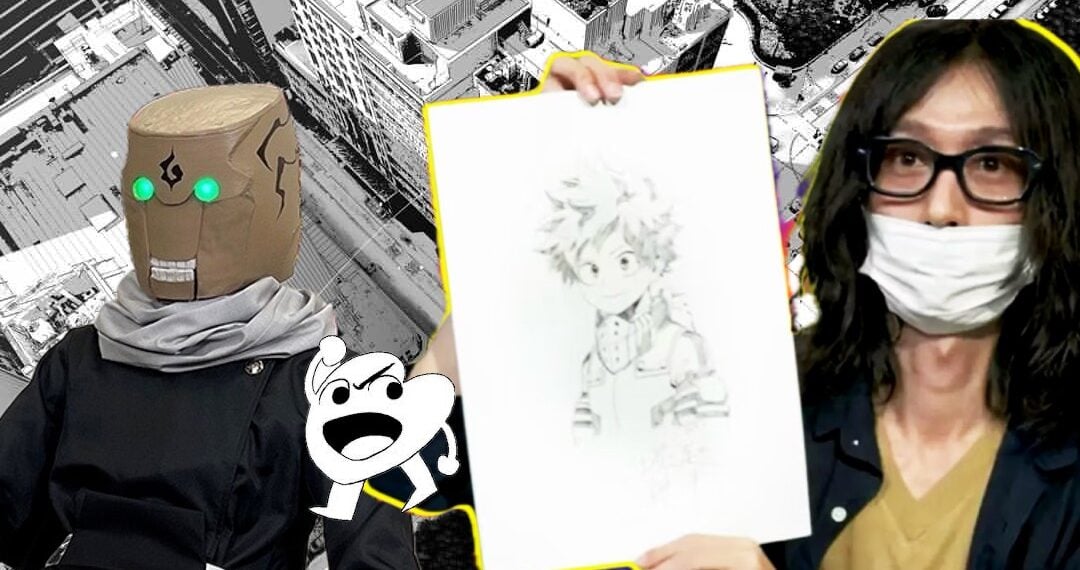A new Japanese law threatens to impinge on the long-standing right to privacy embraced by many manga artists in the country. Creators like Tatsuki Fujimoto, author of the popular Chainsaw Man series, and Kohei Horikoshi, the talent behind My Hero Academia, have intentionally avoided public attention by utilizing pen names and obscuring their true identities.
However, legal amendments as part of a new qualified invoice system will soon require all contractual agreements to be registered under one’s legal name with tax agencies. This effectively eliminates the option for anonymity these artists have relied on.
While certainly, some enthusiasts appreciate any chance to directly interact with the individuals responsible for their favorite comics, most respect the precedented boundaries many have set to maintain distance from fame.
With the October enactment date swiftly approaching, questions and concerns continue swirling, especially regarding how the change could negatively impact artists.
Manga authors being required by law to show their face? I don’t see this going south at ALL pic.twitter.com/I8h4dJ4yBV
— Noodles | 🍜 (@Noodledori1) June 22, 2023
The loss of privacy and increased exposure raises valid worries about added pressures and attention that could stifle creativity or otherwise disrupt cherished figures.
Only time will tell how severely the new regulations end up affecting these uniquely creative yet reserved individuals.
What Fans Think About Manga Authors Being Required By Law To Show Their Face
While some enthusiasts tried to bring humor to the situation, joking about the inevitable hordes that would descend upon Chainsaw Man’s Fujimoto for eliminating well-liked characters, many reacted with sincere distress.
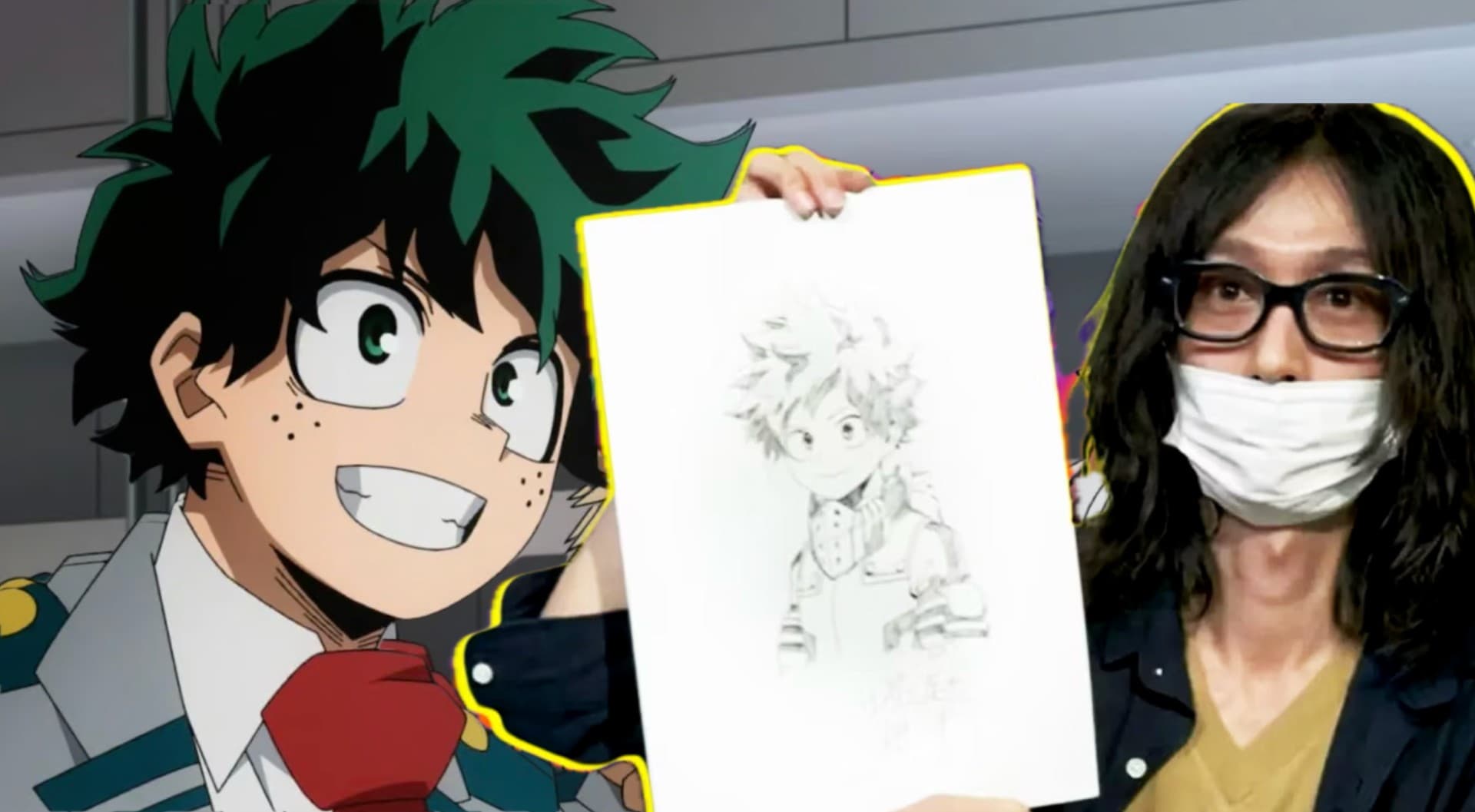
Multiple users highlighted the history of harassment and threats targeted at manga creators like Sui Ishida of Tokyo Ghoul, another reclusive artist who risks losing the privacy that shielded him from those attacks.
Fans expressed particular concern for talents concealing aspects of identity beyond just their name, such as Gege Akatumi of Jujutsu Kaisen, who utilizes a pen handle to mask both gender and true name. Demon Slayer’s celebrated Koyoharu Gotouge personifies the same situation.
Supporters rightfully identified the mandatory revelation of these creators’ gender identities as a questionable invasion of privacy.
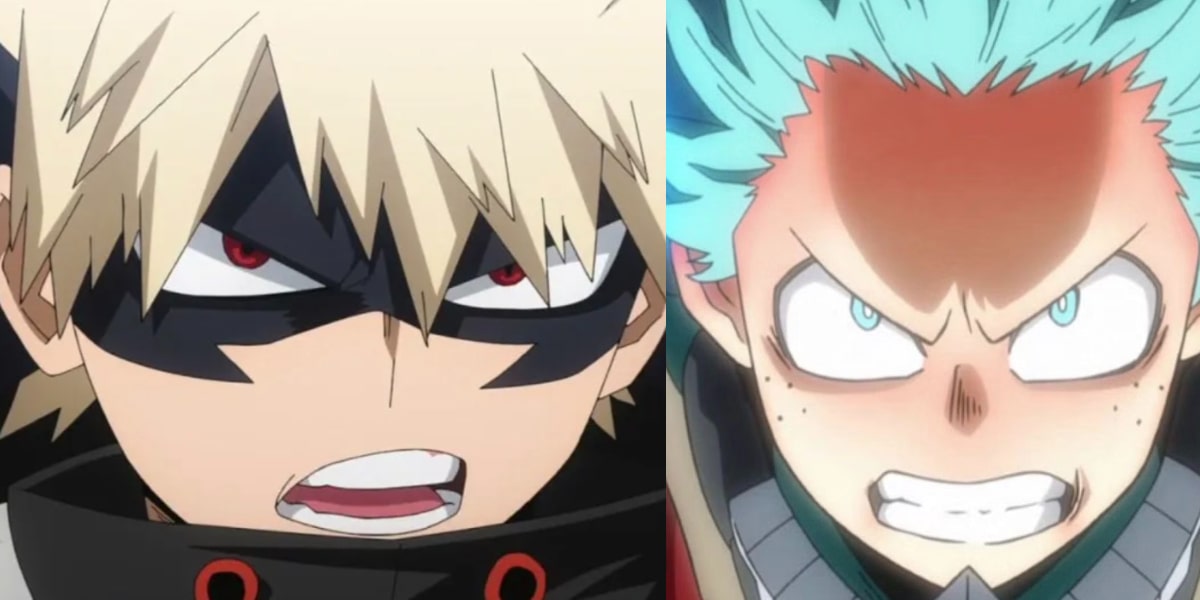
Though the law’s repercussions remain unclear, fans justifiably worry it could enable harm, spark retaliation, or at minimum place unwanted strain upon figures who simply wish to craft stories without added scrutiny.
Does This New Law Stem from Creators Having Illegal Images?
While unconfirmed, some have queried whether recent criminal cases influenced this new exposure law, specifically the child pornography charges brought against Rurouni Kenshin’s Nobuhiro Watsuki.
A small fraction of enthusiasts even voiced support, believing the regulations could aid in deterring inappropriate conduct going forward. However, most rebutted that no clear link connects revealing identities and preventing illicit behaviors.
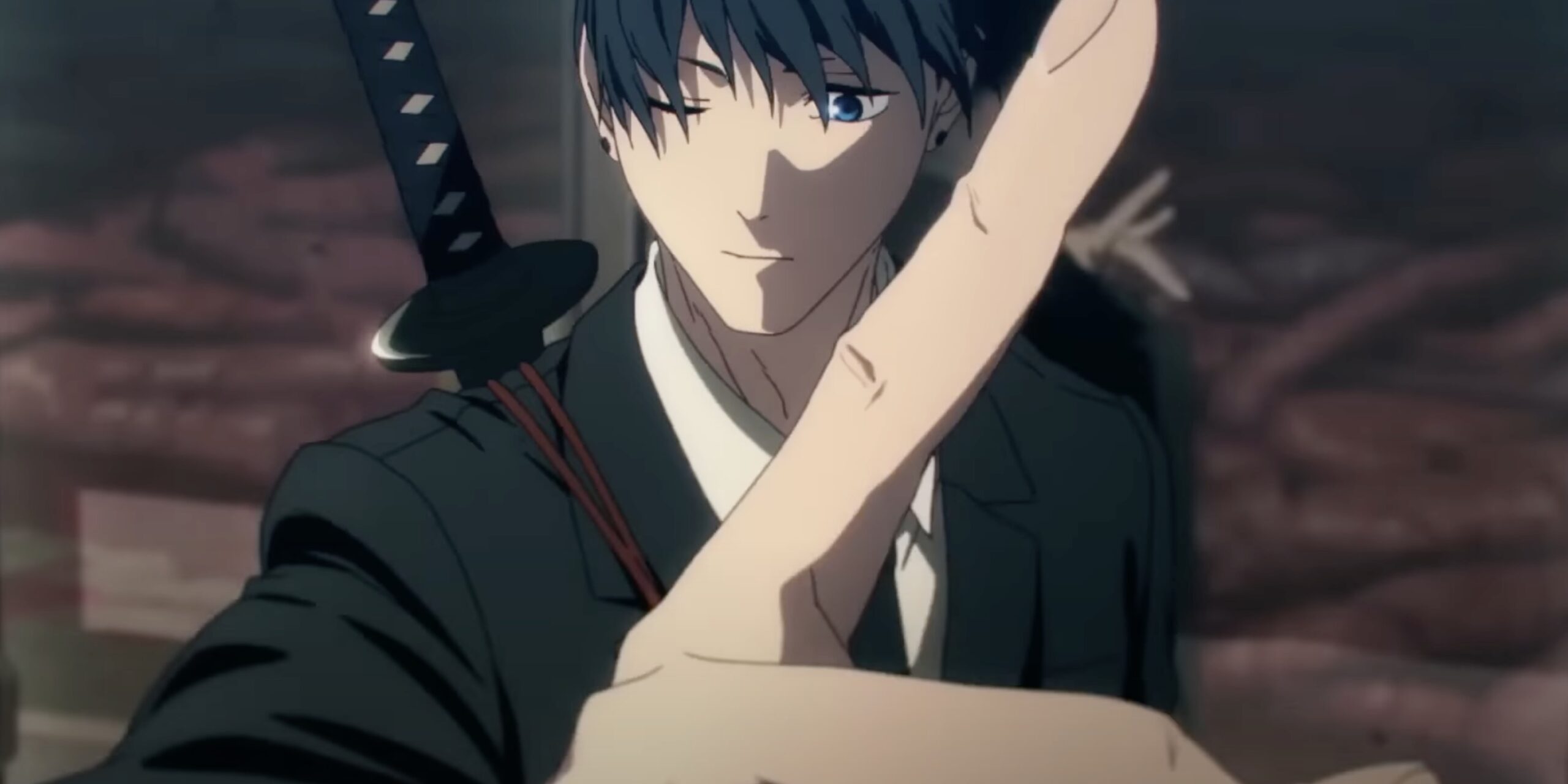
Undoubtedly multiple perspectives exist, and the legal amendments presumably aim to address some intended purpose. Yet the predominant reaction among devoted readers seems to be that of objection.
Despite isolated fans theorizing potential benefits, the majority conveys skepticism, unable to justify what appears an overreaching invasion of creative minds that wish no harm or undue attention.
There are always multiple sides to complex issues. But when law-abiding artists prioritizing privacy face potential harm from undesired publicity, ethical questions arise on whether societal interests outweigh individual rights.
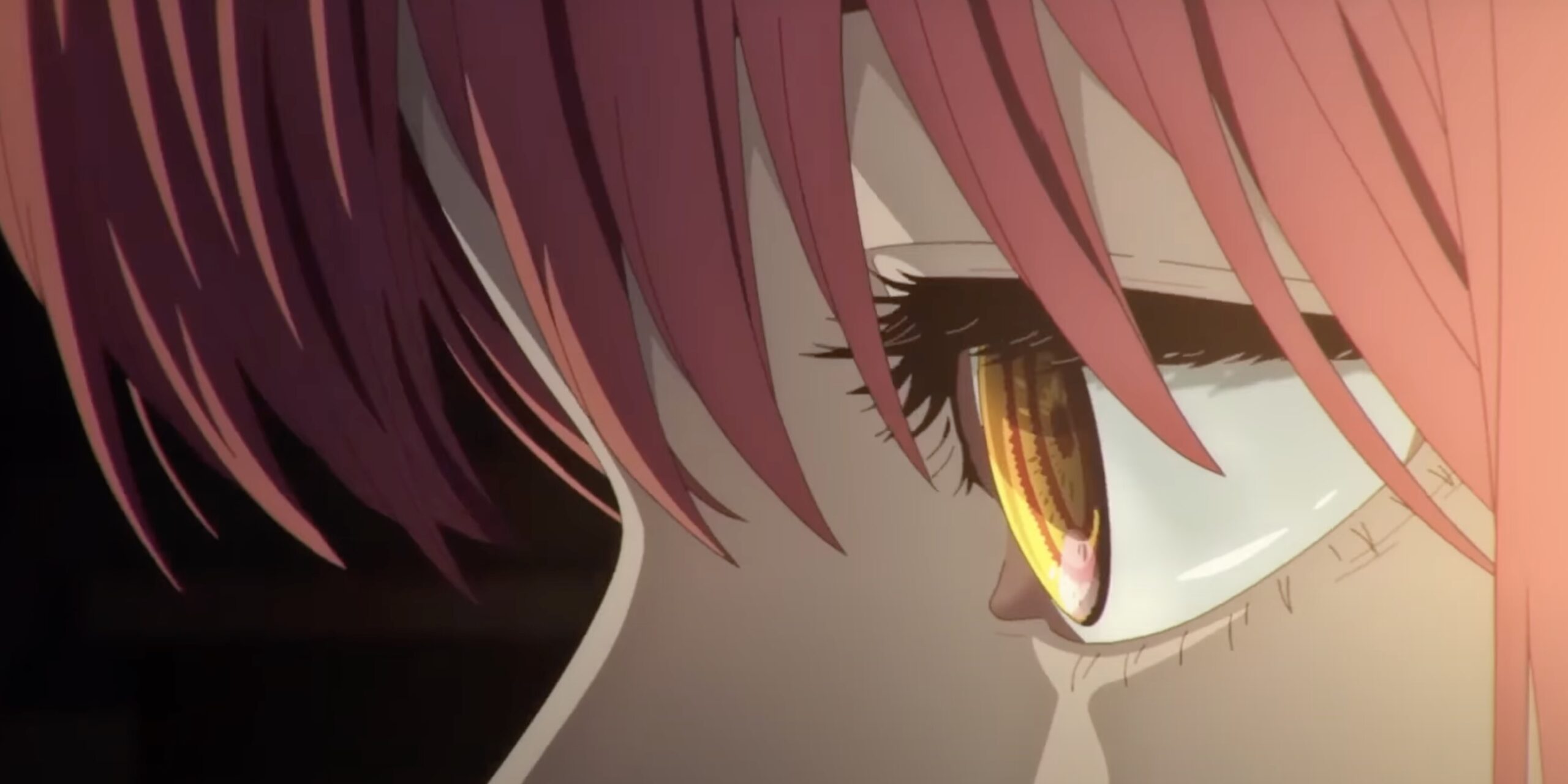
If a few high-profile scandals prompted this qualified invoice system, is limiting all artists the best solution? Overall the consensus argues this represents a concerning step in the wrong direction for manga and its creators.
Additional Details on Rurouni Kenshin’s Nobuhiro Watsuki Scandal
In 2017, Rurouni Kenshin enthusiasts eagerly welcomed creator Nobuhiro Watsuki’s return to the series after over a decade with the declared Hokkaido Arc installment.
However, just three months post-publication, shocking criminal charges disrupted optimism, as Watsuki was arrested that November for possessing child pornography. He pled guilty, receiving a small ¥200,000 (approximately $1,500 US) fine.
Bewilderment shifted to outrage in 2018 when the manga resumed circulation despite the deeply disturbing, minimally penalized scandal.
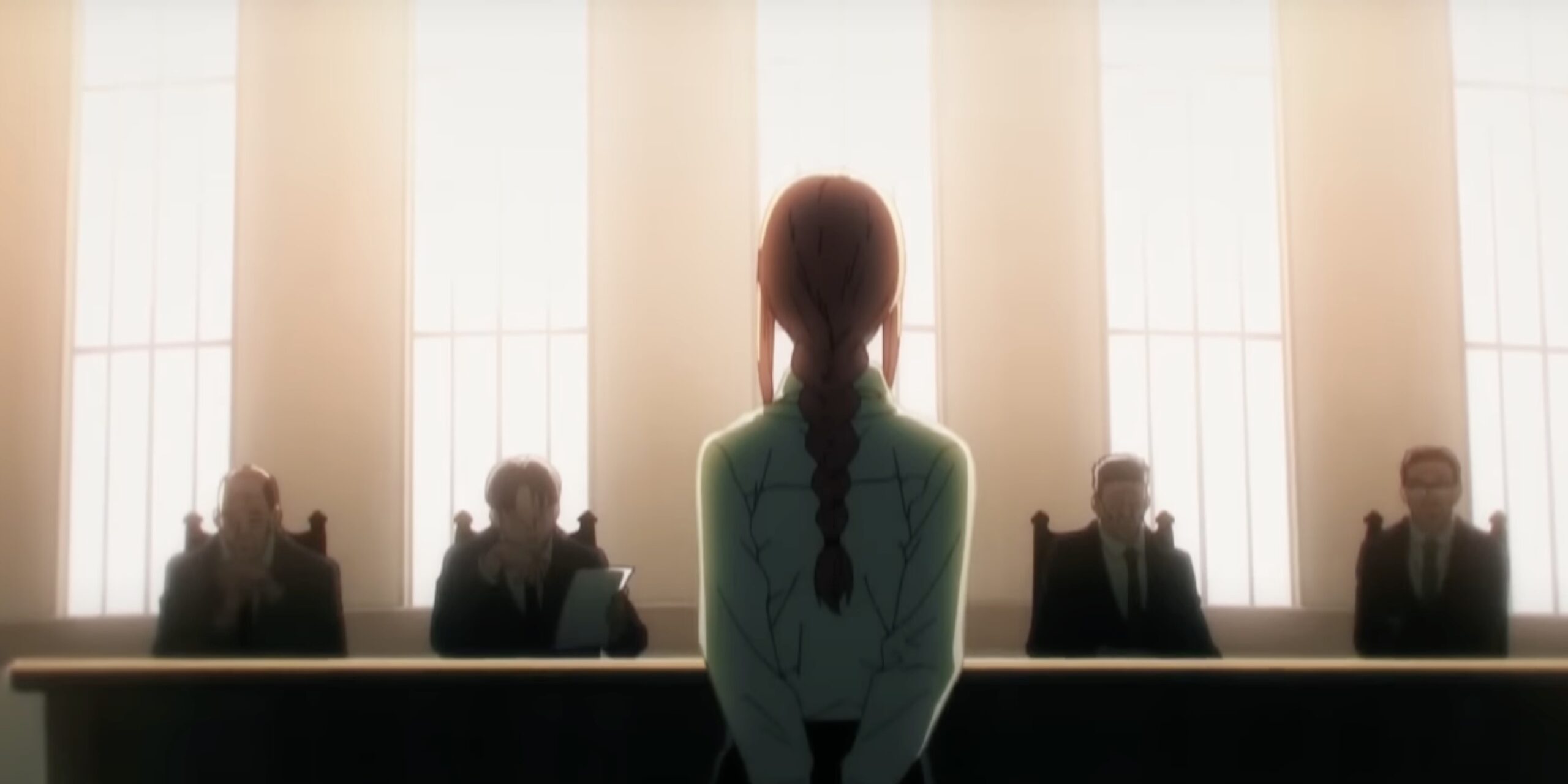
Disillusioned readers reasonably questioned why consequences appeared insignificantly mild and work continued as usual, while the author perpetuated harm.
Contention reignited upon 2023 remake announcements as the industry seemingly dismissed past crimes to uphold and empower a proven offender.
Support has persisted through accolades and opportunities that evade addressing the Severity of actions. Five years later, fervent protesting continues over the problematic message sent by excusing these transgressions.
It spotlights deeper systemic issues around properly responding to abusive behaviors versus valuing profits first and foremost.
Ultimately, many feel empathy should rest with vulnerable victims rather than powerful perpetrators evading meaningful justice. This case has sparked intense dialogues on where priorities must lie to enact positive change.

